Vodafone and Three’s merger could shake mobile, broadband markets
The long-awaited merger will see the pair become the largest mobile network operator

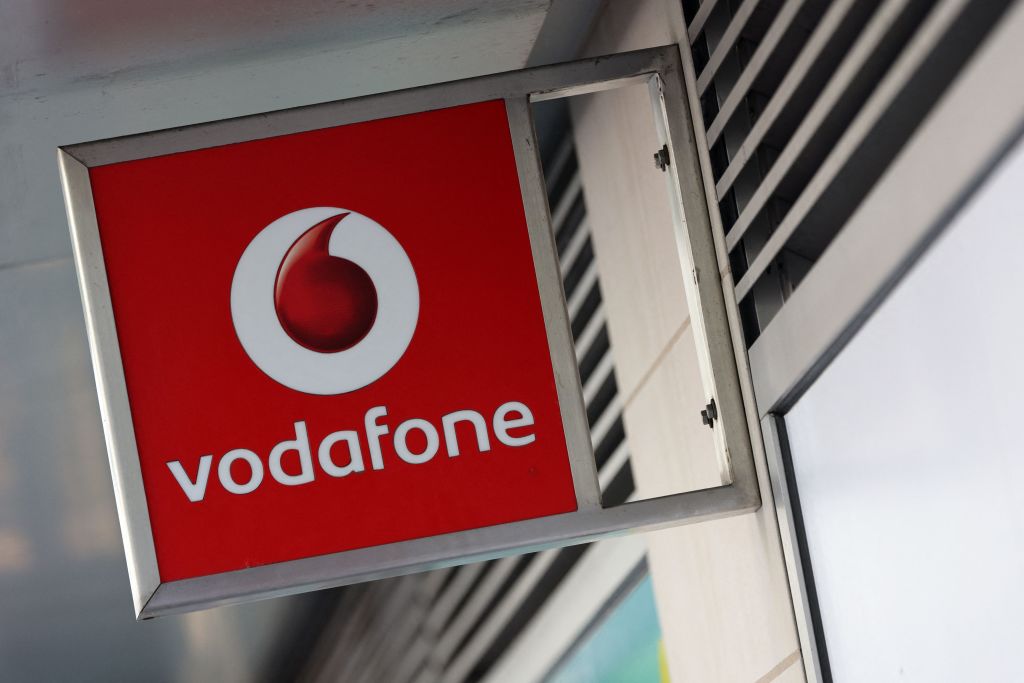
Sign up today and you will receive a free copy of our Future Focus 2025 report - the leading guidance on AI, cybersecurity and other IT challenges as per 700+ senior executives
You are now subscribed
Your newsletter sign-up was successful
Vodafone and the owner of Three UK have announced formally announced plans to merge telecoms networks, in a long-awaited strategy to operate the UK’s largest mobile network.
Subject to regulatory approval, the two will form ‘MergeCo’ to serve 27 million customers and aim to serve more than 99% of the UK population at six times faster speeds by 2034.
The agreement will see Vodafone Group Plc and CK Hutchison Group Telecom Holdings Limited (CKHGT) combine without a cash consideration, with Vodafone owning 51% of the new business and CKHGT 49%.
Vodafone UK CEO Ahmed Essam will take the role of MergeCo CEO, while Three UK CFO Darren Purkis will take on the title of MergeCo CFO.
RELATED RESOURCE

Accelerate full-stack web and mobile app development
Three tips proven to help teams build modern apps faster
In addition to the expansion of its mobile networks, the new entity will commit to providing fixed wireless access (FWA) mobile broadband to 82% of UK households by 2030.
“The merger is great for customers, great for the country and great for competition,” said Margherita Della Valle, group chief executive at Vodafone.
“It’s transformative as it will create a best-in-class – indeed best in Europe – 5G network, offering customers a superior experience.”
Sign up today and you will receive a free copy of our Future Focus 2025 report - the leading guidance on AI, cybersecurity and other IT challenges as per 700+ senior executives
Together, the two groups have committed to spend £11 billion ($14 billion) in the UK over he next decade to achieve an advanced 5G network.
“A marriage of convenience makes sense. Scale is key to help lower costs and improve margins,” said Paolo Pescatore, PP Foresight.
“It would create a mobile champion that could increase competition in the wholesale segment of the market and become a partner of choice for MVNOs.”
“Having said this, Ofcom recognizes the challenges of the UK mobile market and the need for scale. Convincing the CMA will be the real test. Current investment levels are not sustainable in the longer term.”
Talks had been underway since October 2022, in a bid to combine forces to expand connectivity across the UK.
In the merger announcement, Vodafone stated that the merger could deliver £5 billion per year to the UK economy by 2030, and generate 8,000-12,000 new jobs through the expansion of its 5G network.
What does this mean for the market?
Critics have suggested that in merging their way to 5G dominance, Vodafone and Three could drive up prices for customers.
Reduced choice of network for mobile virtual network operators (MVNOs), smaller providers like GiffGaff that pay larger networks to ‘piggyback’ off them, could drive up prices on a consumer or small business level.
The four large mobile network operators (MNOs) share network infrastructure to provide better connectivity overall, while still competing on a customer-by-customer basis.
Two of these agreements are currently upheld: Three and EE’s Mobile Broadband Network Limited (MBNL), and Vodafone and O2’s Beacon.
Some critics of the deal had argued that reducing the number of large MNOs below four would negatively affect the competition in the market, as one of the remaining three MNOs would have access to both MBNL and Beacon.
This argument was used by Ofcom in 2016 when it argued against Three and O2’s proposed merger, and the deal was eventually killed by the CMA and EU Commission.
But at a Westminster eForum event in March, Ofcom’s director of mobile network strategy Brian Potterill suggested that the situation may have changed.
“That was then, this is now,” he said.
RELATED RESOURCE

A green future: How the crypto asset sector can embrace ESG
Understanding the challenges and opportunities of new ESG standards and policies
“Every merger has to be judged on the merits of the merger at the time. It has been overblown that 4 vs 3 has some magic property.”
At the same event, Three UK’s general counsel and regulatory affairs director Stephen Lerner stated that Three and Vodafone’s current investment levels were not justified by their industry returns.
“Consumers are paying for duplicate investment. A combined network would have massive amounts of large free capacity that it would be incentivised to fill, and there would be a push to get that capacity out there which would drive down prices.”
“You’ll end up with a much better network experience.”
MergeCo’s commitment to FWA also puts it in the position of challenging UK broadband providers.
BTEE and Virgin Media O2 (VMO2) were specifically named as competitors in the merger document, which also noted that Vodafone’s existing network share agreement with VMO2 will put it it in a better position to compete with BTEE in particular.
Kester Mann, director of consumer and connectivity at analyst firm CCS Insight tweeted that the announcement was an unexpected element of the merger.
One thing I wasn’t expecting from the Voda/3 deal is such a big commitment to fixed wireless. This is more than just a mobile JV – it also aims to bring fresh competition to fixed broadband.June 14, 2023
Vodafone claimed that at launch, MergeCo will host the UK’s largest network range of connections over 100Mbits/sec through a combined full-fiber broadband and FWA.

Rory Bathgate is Features and Multimedia Editor at ITPro, overseeing all in-depth content and case studies. He can also be found co-hosting the ITPro Podcast with Jane McCallion, swapping a keyboard for a microphone to discuss the latest learnings with thought leaders from across the tech sector.
In his free time, Rory enjoys photography, video editing, and good science fiction. After graduating from the University of Kent with a BA in English and American Literature, Rory undertook an MA in Eighteenth-Century Studies at King’s College London. He joined ITPro in 2022 as a graduate, following four years in student journalism. You can contact Rory at rory.bathgate@futurenet.com or on LinkedIn.
-
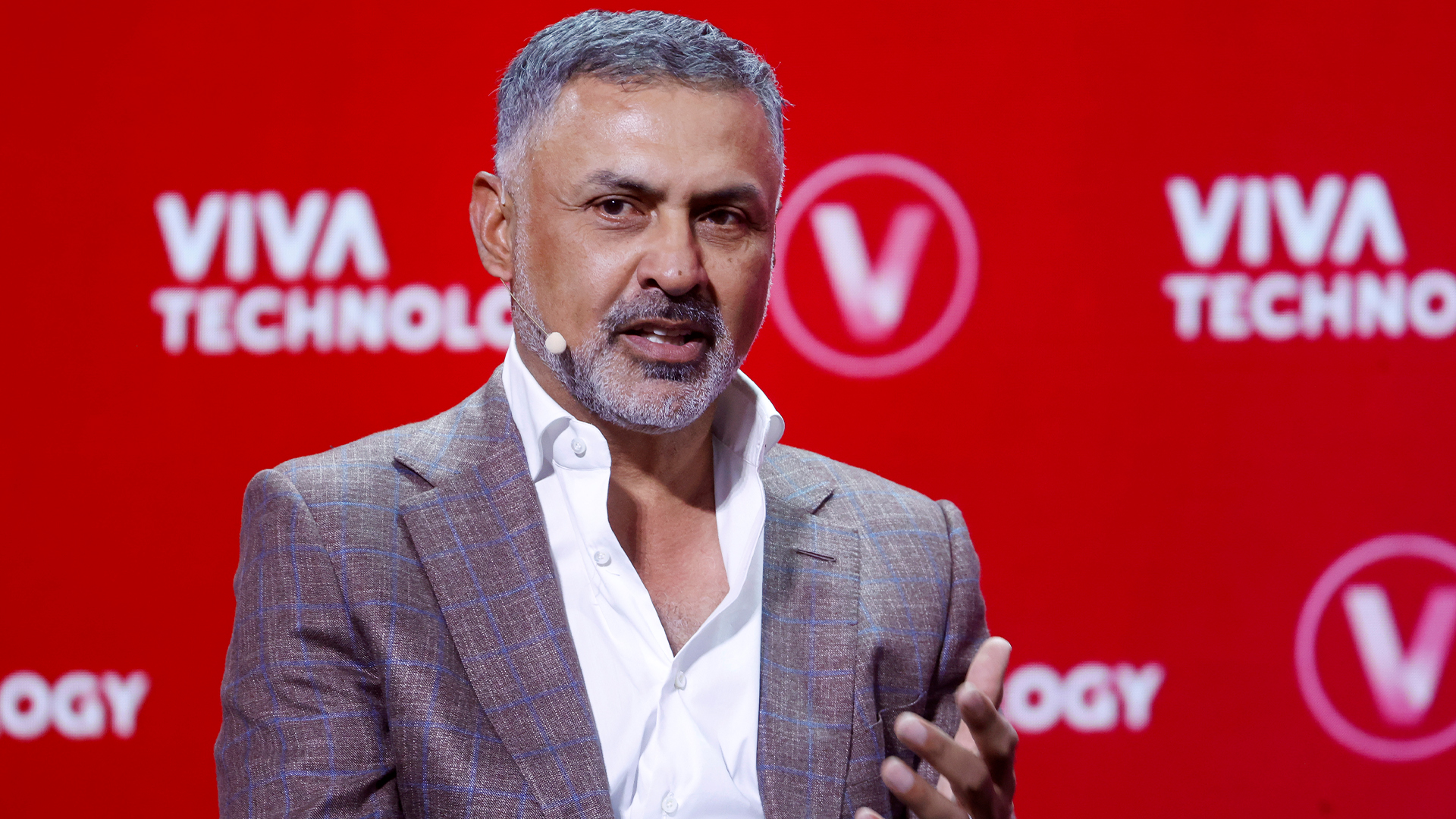 Palo Alto Networks CEO hails ‘the end of identity silos’ as firm closes CyberArk acquisition
Palo Alto Networks CEO hails ‘the end of identity silos’ as firm closes CyberArk acquisitionNews Palo Alto Networks' CEO Nikesh Arora says the $25bn CyberArk acquisition heralds "the end of identity silos" for customers, enabling them to supercharge privileged access management.
-
 Google says hacker groups are using Gemini to augment attacks
Google says hacker groups are using Gemini to augment attacksNews Google Threat Intelligence Group has shut down repeated attempts to misuse the Gemini model family
-
 Vodafone announces largest layoff round in company history, 11,000 jobs to be axed
Vodafone announces largest layoff round in company history, 11,000 jobs to be axedNews Jobs in the UK, Germany, and Italy are included in the three-year cost-saving plans
-
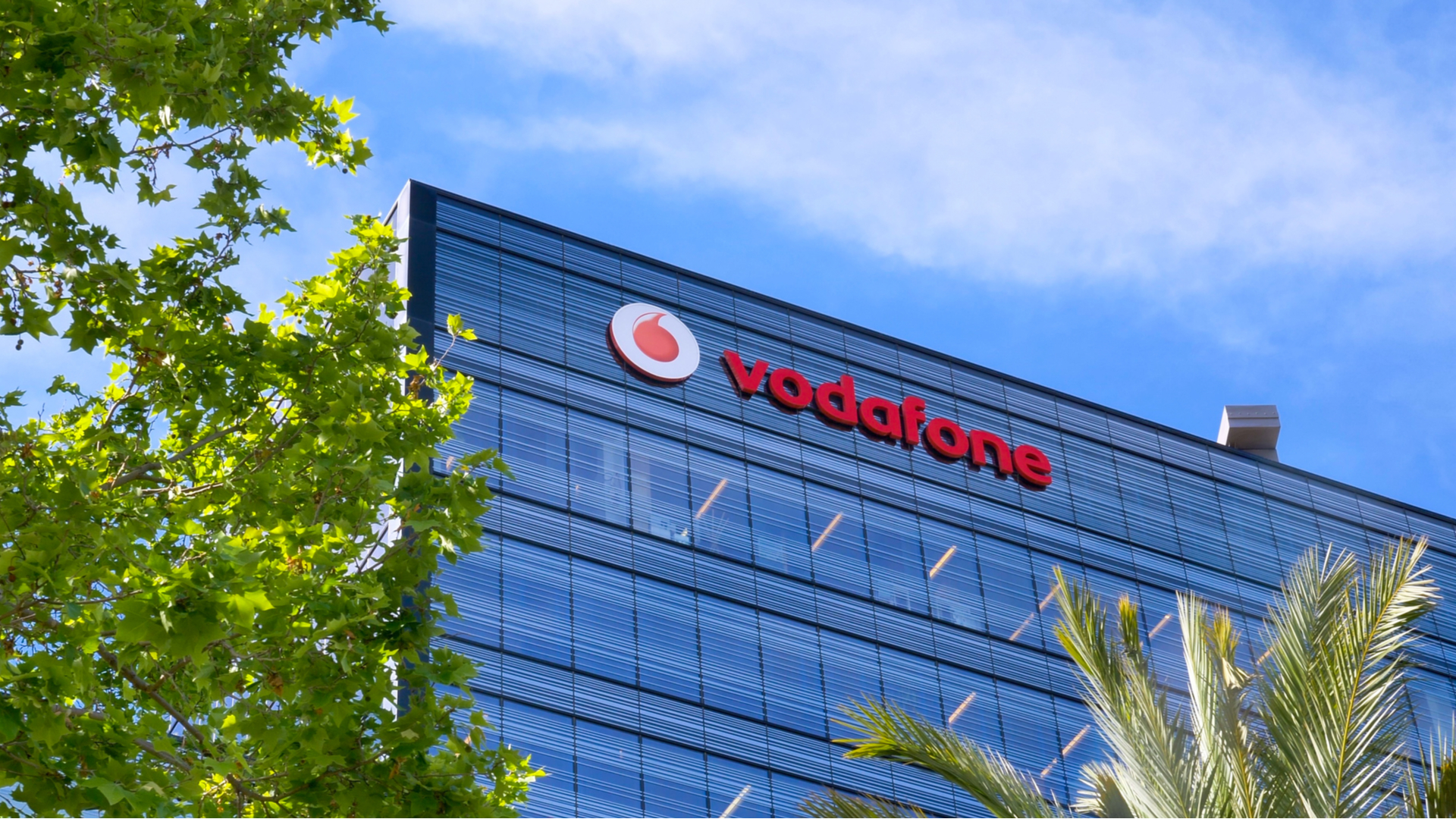 Vodafone plans job cuts as part of €1bn savings strategy
Vodafone plans job cuts as part of €1bn savings strategyNews The company has said that it will reveal more about the changes when it announces its quarterly results next month
-
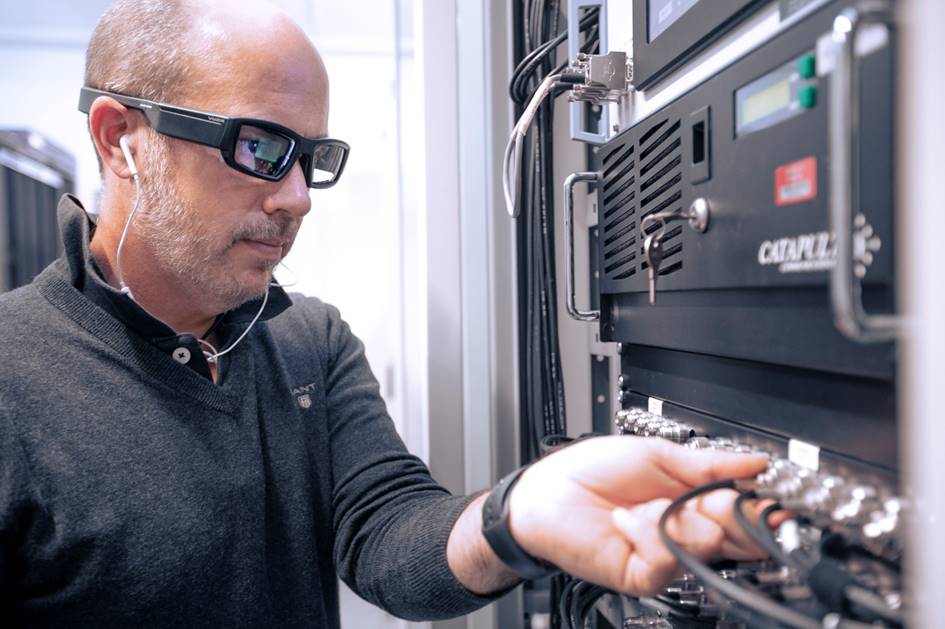 Vodafone to add 7,000 software engineers in digital services drive
Vodafone to add 7,000 software engineers in digital services driveNews The company is aiming to meet the surging demand for digital connectivity and secure ownership of new IPs
-
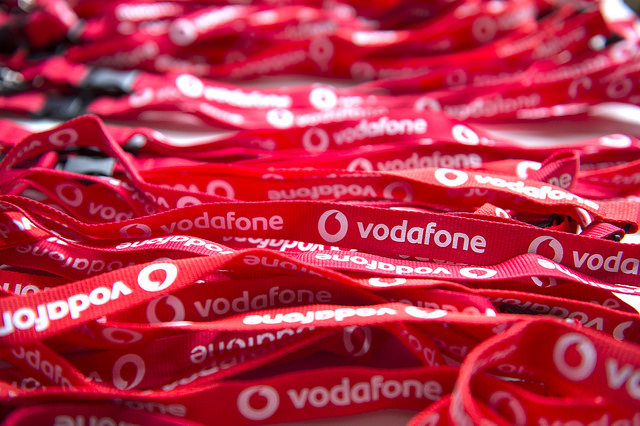 Vodafone fined £4.6m for failing to top up pay-as-you-go customers
Vodafone fined £4.6m for failing to top up pay-as-you-go customersNews Ofcom fines Vodafone for failing to credit PAYG
-
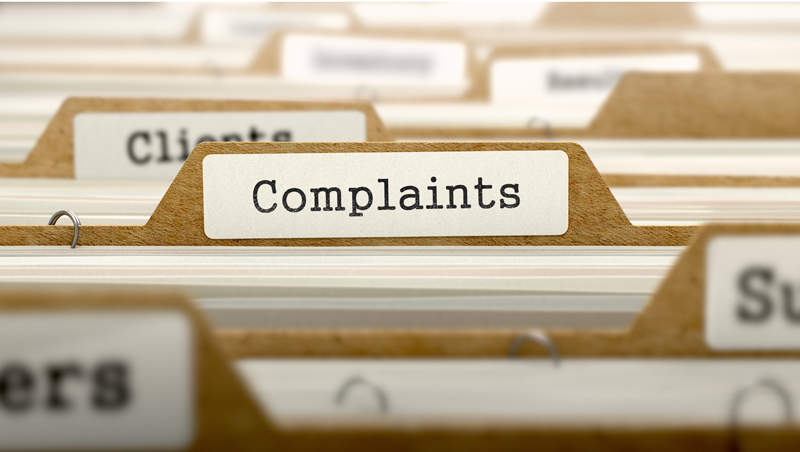 13 telecoms providers failed to impress consumers in Q2
13 telecoms providers failed to impress consumers in Q2News Ofcom revealed the most complaints were made against EE's landline and broadband services
-
 Ofcom wants to cut spectrum licence fees for mobile operators
Ofcom wants to cut spectrum licence fees for mobile operatorsNews The move means mobile phone networks would pay 10 per cent less to the government a year
-
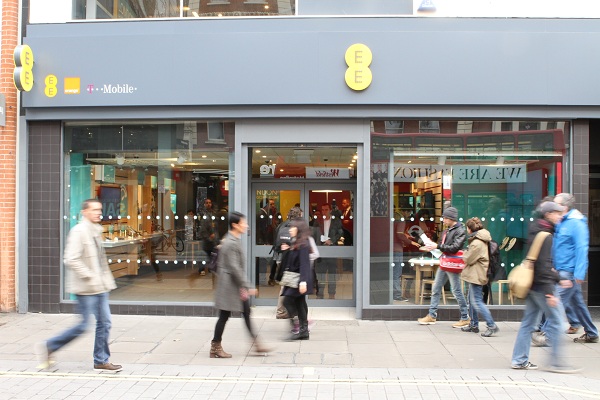 EE strikes deal to acquire 58 Phones 4u stores for £2.5m
EE strikes deal to acquire 58 Phones 4u stores for £2.5mNews Mobile operator follows Vodafone's lead by agreeing to acquire Phones 4u stores
-
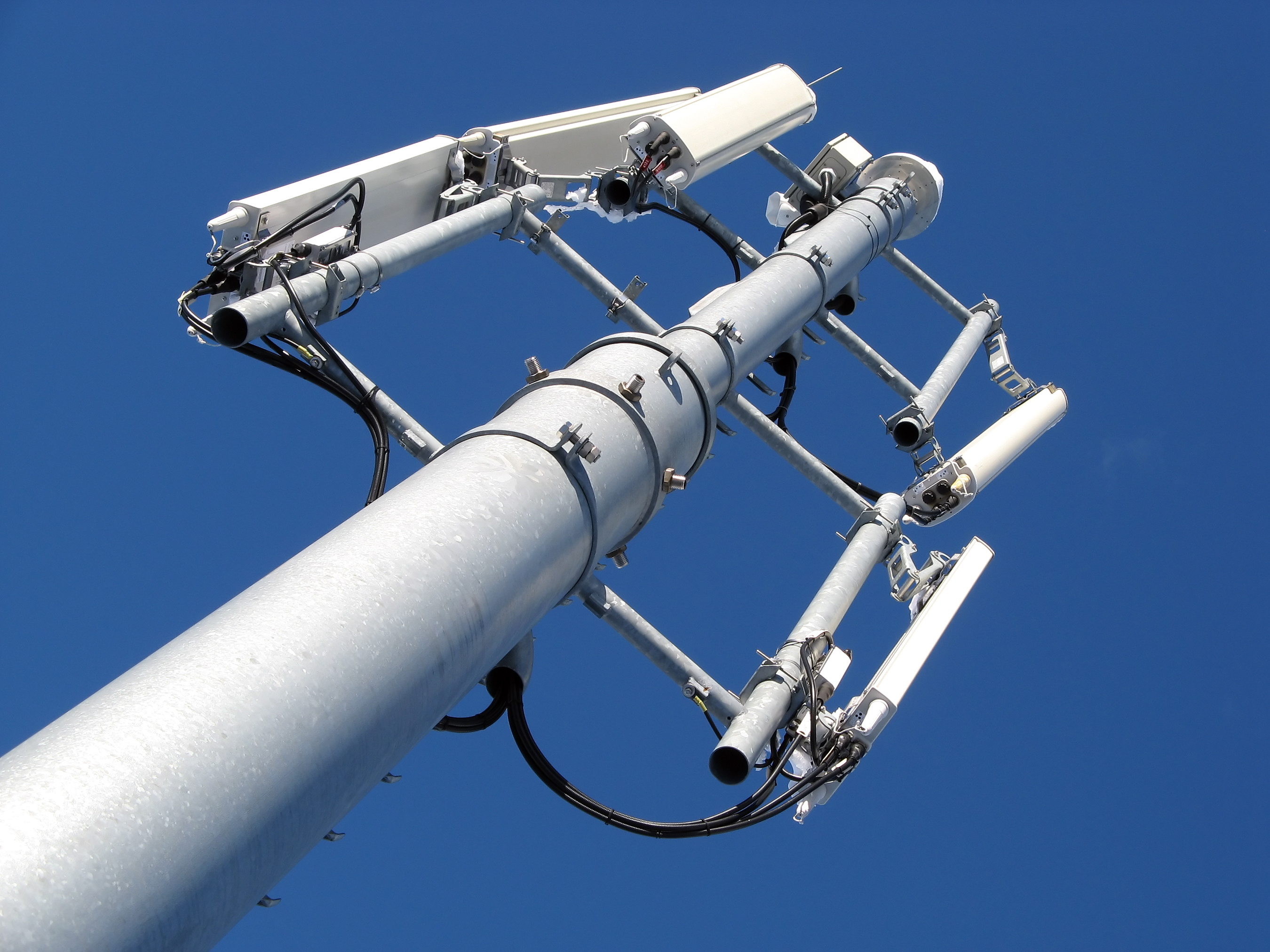 One third of rural customers unhappy with mobile services
One third of rural customers unhappy with mobile servicesNews Ofcom report finds Vodafone worse in rural areas, EE takes crown